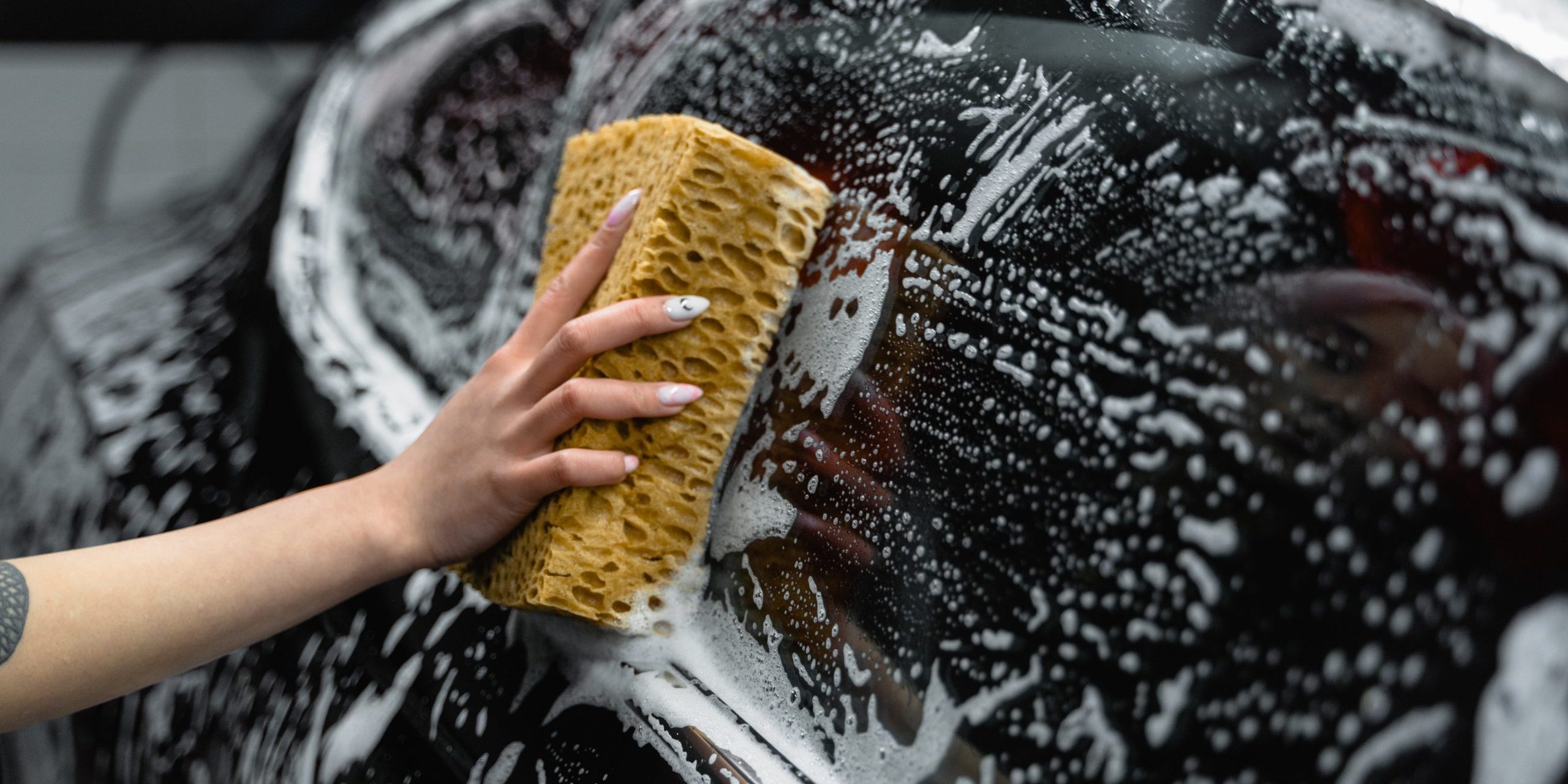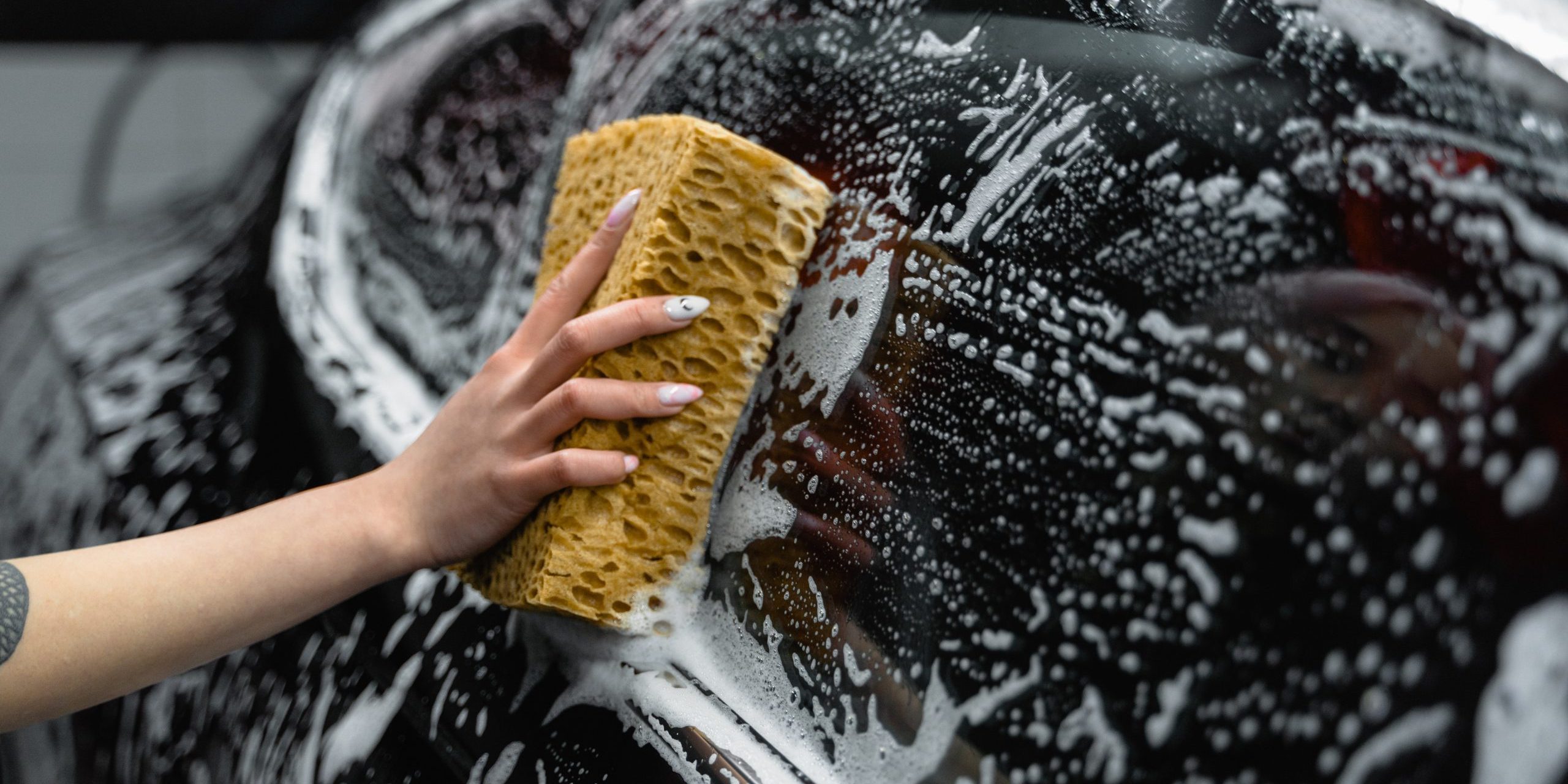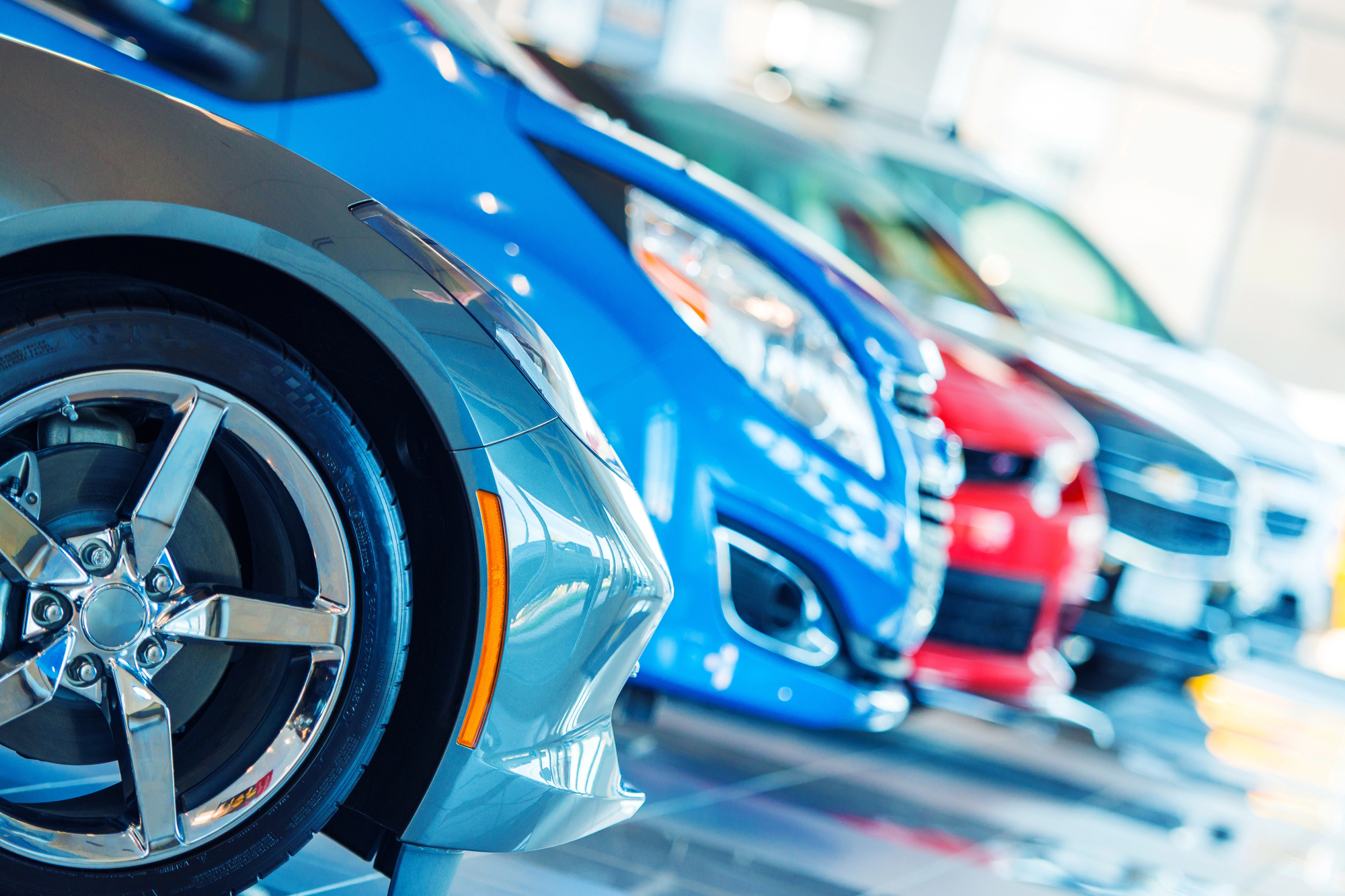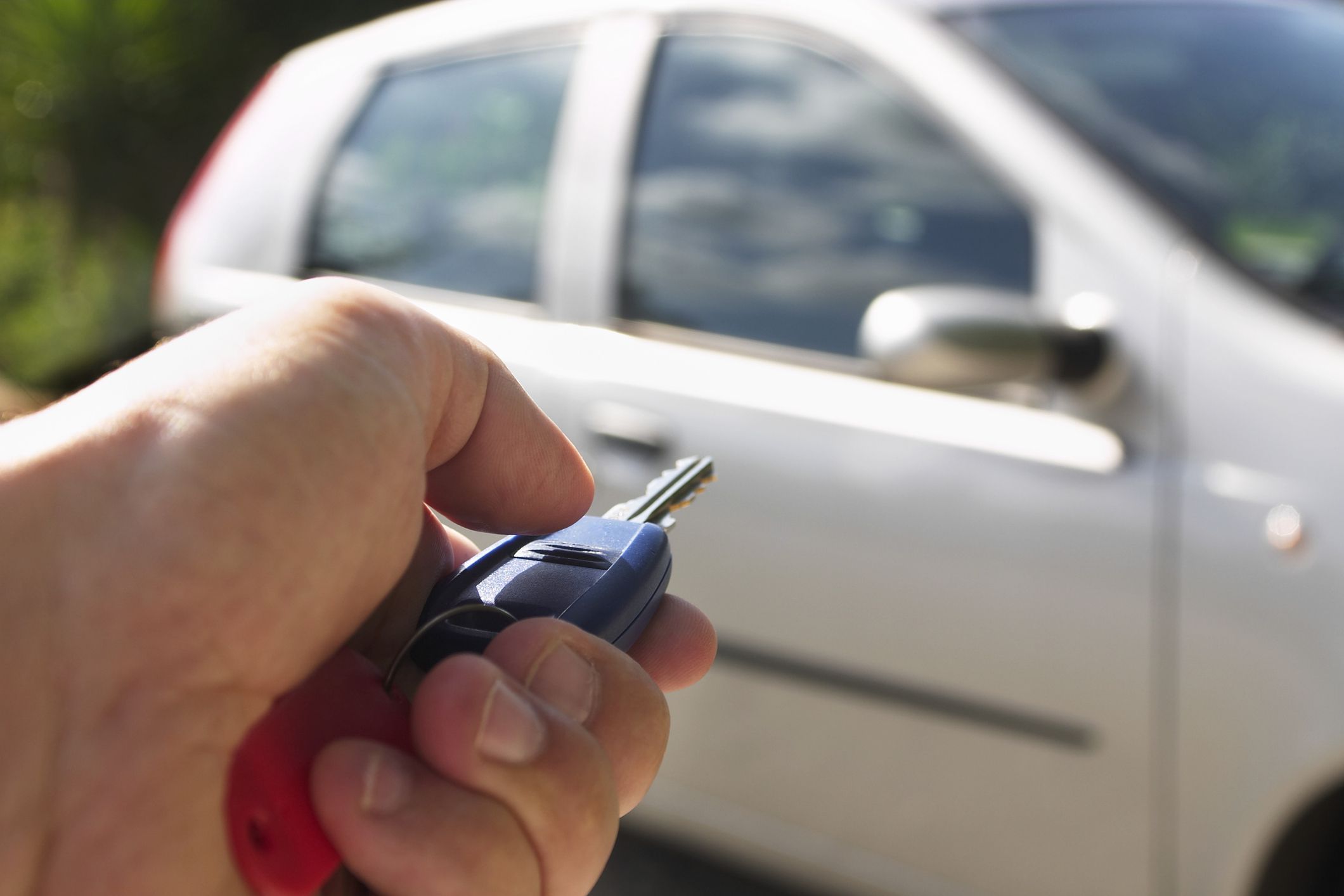How to get egg off car


To rid your car of egg after being egged, certain materials are required. These materials will help you remove the egg without damaging the car’s paint job.
- Vinegar
- Dishwashing soap
- Microfiber cloth
Vinegar is a powerful antibacterial agent that can break down the proteins in the egg, making it easier to clean. Dishwashing soap helps lift any residue from the egg and provides a slippery surface for the microfiber cloth, which should be used to wipe off any remaining debris.
Using warm water with these materials is important as it will aid in loosening up and softening the egg.
It is crucial to note that scrubbing too hard or using abrasive materials can result in scratches or damage to the paint job.
To protect your car from future eggs, consider investing in a protective coating or parking your car in a garage.
By using these materials and techniques, you can effectively remove eggs from your car’s surface while keeping its appearance intact.
How to turn an egg-cident into a clean getaway: steps to remove egg from car
Steps to remove egg from car
To remove egg from your car, follow these steps with sub-sections as a solution briefly: Dampen the affected area, gently remove eggshell with a plastic scraper, apply soap mixture, allow mixture to soak for a few minutes, rinse with water, and dry with a cloth. Each step is crucial to ensure that the egg is removed without damaging the car’s surface.
Dampen affected area
The first step to remove an egg from a vehicle is to wet the affected area with water. The moisture will help soften the egg and make it easier to clean up.
To moisten the impaired area, follow these steps:
- Wet a clean cloth with water
- Gently place it on the egg-stained surface
- Leave it there for approximately 10 minutes
- Do not rub or scrub, as it could leave scratches and worsen the damage.
It’s essential to saturate the impaired area before attempting further steps.
A powerful cleaning agent must be utilized for proper results.
Once I parked my car near a construction site. When I returned, I saw an egg had been thrown at my car, leaving patches of yellow gunk all over my vehicle. I quickly followed these steps and succeeded in removing all traces of the stain.
Gently remove eggshell with a plastic scraper
Removing egg from car surfaces can be a challenging task, but using a plastic scraper can make it easier. The process requires gentle force to scrape off the eggshell without damaging the surface.
Here’s a 5-step guide to gently removing eggshell with a plastic scraper:
- Start by soaking a cloth in warm water and placing it over the egg for approximately 10 minutes.
- Gently push the plastic scraper under the egg and lift up slightly, trying not to scratch the surface.
- Use slow and steady strokes to scrape off as much of the eggshell as possible.
- Once all large pieces are removed, wipe down the area with another warm, damp cloth.
- If there is any residue left, use a cleaning agent suitable for your car’s surface and follow its instructions carefully.
It is important to note that using tools such as wire brushes or harsh chemicals on your car’s surface can cause permanent damage.
In addition, it is crucial to remove all traces of broken shell fragments as they may cause scratches or other issues in future.
According to experts at CarTalk, egg-based stains should be removed promptly as they can cause etching and discolouration on car paint.
Apply soap mixture
Using a mixture of soap can help remove egg stains from cars. Here is a guide to follow:
- Prepare a mix of liquid dish soap and warm water in a bucket.
- Dip a soft sponge into the soap mixture, then gently scrub the egg-stained area on your car.
- Rinse the sponge frequently and reapply the soap mixture until all traces of egg are gone.
- Rinse your car thoroughly with water to avoid leaving any soap residue.
To avoid scratching the paint of your car while removing egg stains, use only a soft sponge and scrub gently.
Pro Tip: If an egg has been left on your car for too long, it may cause damage that can’t be removed through washing. In such cases, it’s best to consult a professional.
Allow mixture to soak for a few minutes
To effectively remove egg stains from your car, it is essential to allow the cleaning mixture to soak into the affected area for a short while. This will help to loosen the egg and make it easier to remove without damaging your car’s paintwork.
Here is a quick 4-step guide on how to allow the mixture to soak for an optimal duration:
- Begin by mixing warm water with a gentle detergent or soap in a bucket.
- Dip a clean sponge or cloth into the mixture and apply it generously onto the egg.
- Allow the mixture to sit on the stain for about 5-10 minutes, depending on how much egg is present.
- Use a clean rag or cloth to soak up any remaining liquid before rinsing off thoroughly with water.
It’s important not to leave the cleaning mixture on for too long as this may cause damage or discoloration of your car’s paint job.
It is worth noting that if you spot egg stains on your car’s exterior, it is best to address them as soon as possible, since prolonged exposure to egg can cause irreversible damage.
As per Consumer Reports, eggs contain sulfur, which can corrode paint and even eat through clear coat sealant if left unattended.
Rinse with water
To get rid of egg from your car, you need to use water and rinse it thoroughly. This will help to remove the egg without damaging the paint job.
Here is a 5-step guide to rinsing your car with water:
- Fill a bucket with lukewarm water.
- Use a high-pressure hose or nozzle attachment to wet down the affected area.
- Dip a soft-bristle brush into the bucket and gently scrub away any remaining egg residue.
- Rinse off the soap suds completely with the high-pressure hose or nozzle attachment.
- Dry off the surface of your car using a soft microfiber towel or chamois cloth.
It’s important to note that if you leave egg on your car for too long, it can cause damage that cannot be reversed through rinsing alone. So, it’s best to clean it off as soon as possible.
To prevent eggs from being thrown at your car in the first place, try parking in well-lit areas or under surveillance cameras. Additionally, make sure to report any incidents of egging to local law enforcement.
Don’t let eggs ruin your car’s paint job – act quickly and get rid of them using these simple steps.
Dry with a cloth
To remove egg from car, you need to dry the affected area with an absorbent cloth. This will ensure that the egg’s moisture is soaked, and the vehicle’s surface doesn’t stay wet for a long time. A damp surface can cause discoloration and damage the paint.
- Get a clean and absorbent cloth.
- Gently wipe the affected area to remove excess moisture and egg residue.
- Do not scrub or apply too much pressure as it could scratch the paint.
- If necessary, use a small amount of vinegar or mild soap solution on the cloth to help clean stubborn residues.
It is advisable to avoid using high-pressure water spray while cleaning eggs from cars since it can force egg residue into tight spaces and cause further damage.
Remember that leaving even small amounts of egg residue on your vehicle can permanently harm its paint job. So it is crucial to act quickly in removing any eggs from your car’s surface.
A study conducted by AAA revealed that eggs can cause paint damage if left untreated for more than 48 hours.
Protect your car from egg-mergencies with these egg-citing tips!
Preventing egg damage to your car
To prevent egg damage to your car with the sub-sections, Park in a garage or under a covered area, Use a car cover, Remove any egg residue immediately, and Consider contacting a professional for severe damage. These solutions are crucial in ensuring that the eggs don’t cause any long-lasting harm to your car’s paint, windows, or other parts. By taking these preventive measures, you can protect your vehicle and avoid costly repair bills.
Park in a garage or under a covered area
One effective way to avoid egg damage on your vehicle is by parking it in an enclosed area. This protects your car from the harmful impact of eggs, as well as other environmental factors. Whether it is a private garage or a covered parking lot, these facilities offer excellent protection against all sorts of potential threats.
Furthermore, vehicles parked inside garages are less likely to be targeted by vandals. Moreover, covered areas prevent the formation of watermarks and keep the exterior of your vehicle looking clean and new for longer periods of time.
It’s worth noting that, in addition to protecting vehicles from egg damage, this strategy also guards against other forms of vandalism. As a result, you may end up saving both time and money in maintenance costs over the long haul.
Once upon a time in a small town, several residents woke up one morning to find their cars coated in rotten eggs. They all blamed their fate for leaving their cars parked outside overnight instead of under covers or garages. From then on, many car owners within the town started parking indoors or under a covered area to prevent future incidents like this one from ever happening again.
Use a car cover
When it comes to safeguarding your car from potential egg damage, there are several measures to take. One promising avenue is Utilization of a car cover.
Here are four points that highlight the benefits of using a car cover:
- It acts as a physical barrier between the eggs and the paint job of your vehicle.
- It also prevents any acid in the eggs from damaging your car’s finish.
- A durable and high-quality cover will resist punctures from sharp shells while still remaining breathable.
- The presence of a cover can also act as a deterrent for vandals who might be considering egging your property.
In addition to these advantages, it’s important to note that not all car covers are created equal. Some may be more resistant to liquids or better suited for specific weather conditions than others. Understanding the intricacies of different types of covers can ensure maximum protection for your vehicle.
One driver, in particular, learned this lesson firsthand when they parked their car on an active street during Halloween festivities. Despite taking all possible precautions, their vehicle was still egged by mischievous partygoers. The only spot on the entire car unscathed by egg splatter? The section protected by their trusty car cover. Investing in this measure paid off in spades and saved them costly repairs down the line.
Remove any egg residue immediately
To maintain the pristine appearance of your car, it is essential to remove any egg residue immediately. Failure to do so may result in costly repairs and unsightly stains on your vehicle’s paintwork.
Here’s a four-step guide to removing egg from your car quickly and efficiently:
- Step 1: Rinse off any loose debris with water
- Step 2: Apply a liberal amount of dish soap directly onto the affected area
- Step 3: Gently scrub the area with a soft-bristled brush
- Step 4: Thoroughly rinse the area with water until all traces of soap have been removed
It is critical to act fast when dealing with egg residue as it can quickly corrode the car’s paintwork. After scrubbing, it is crucial to rinse off all traces of soap; otherwise, it may lead to new stains on your car.
Pro Tip: To avoid further damage, avoid using hot water or pour cold water on a hot surface as this may lead to thermal shock causing cracks in your windshield or glass windows.
Consider contacting a professional for severe damage.
A professional can help with severe egg damage. Expert services can restore the car’s aesthetic and protect it from further harm. They have advanced tools and techniques to properly remove the eggs without causing any additional damage to your car. Additionally, professionals may be able to offer advice on how to prevent future attacks and protect your vehicle. Don’t hesitate to seek a specialist in severe cases of egg damage.
As simple as it might sound, removing egg stains is not an easy task. There are various potential problems that come with cleaning eggs off your car, such as cracking or chipping the paintwork. DIY methods such as using soap and water or vinegar may seem like an easy solution, but they are not always effective and often cause more problems than fixes. A professional auto detailing team has an arsenal of specialized products designed to safely remove egg stains without damaging your car’s surface.
Although it may seem like a practical joke, egging a vehicle can cause permanent damage to its surface if left untreated for too long. The acidic content of eggs penetrates deep into the paintwork, leaving behind stubborn marks that require special attention from professionals who are trained in handling such matters. Eggs should never be left on the surface for an extended period as they can cause irreversible harm.
One incident involved a customer who woke up on Halloween morning to find their car coated in dozens of raw eggs shells scattered all over his vehicle. His initial reaction was panic and frustration at how he could go about removing all the rubble without causing further damage. After seeking out professional help which entailed washing his car with specialized cleaning materials, he found no sign of damage on his car and was happy with the service provided by professionals.
How to get egg off car – Frequently Asked Questions
Q: How do I remove egg stains from my car?
A: To remove egg stains from your car, start by rinsing the car with water to remove any loose debris. Then, soak a cloth in vinegar and place it over the egg stain, letting it sit for a few minutes. Use the cloth to gently scrub the stain until it lifts off.
Q: Can I use hot water to remove egg stains from my car?
A: No, using hot water on egg stains can actually cause the stain to set in further. Stick to using cool water and a light, gentle cleaning solution.
Q: What type of soap is best for removing egg stains from cars?
A: A mild dishwashing soap or car soap is best for removing egg stains from cars. Avoid using harsh detergents or abrasive cleaners, as these can damage the car’s finish.
Q: Will using a pressure washer make it easier to remove egg stains from my car?
A: While using a pressure washer may make it easier to remove egg stains from your car, it can also damage the car’s finish if used incorrectly or at too high a pressure. It’s best to stick with gentle cleaning methods to avoid causing any damage.
Q: Can I prevent egg from damaging my car’s paint?
A: The best way to prevent egg from damaging your car’s paint is to remove it as soon as possible. If you know your car has been egged, rinse it off with water as soon as you can to prevent the egg from drying and setting in.
Q: What do I do if egg has already damaged my car’s paint?
A: If egg has already damaged your car’s paint, you may need to seek professional help to repair the damage. Depending on the severity of the damage, it may be possible to buff out the stain or touch up the paint.









![Two-time Formula 1 World Champion Mika Häkkinen drives the McLaren Solus GT at the Goodwood Festival of Speed [Photo Gallery]](https://motoringchronicle.com/wp-content/uploads/2024/07/DSC09241-scaled.jpg)
